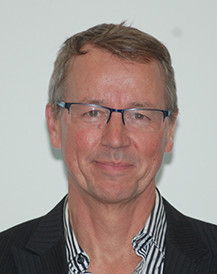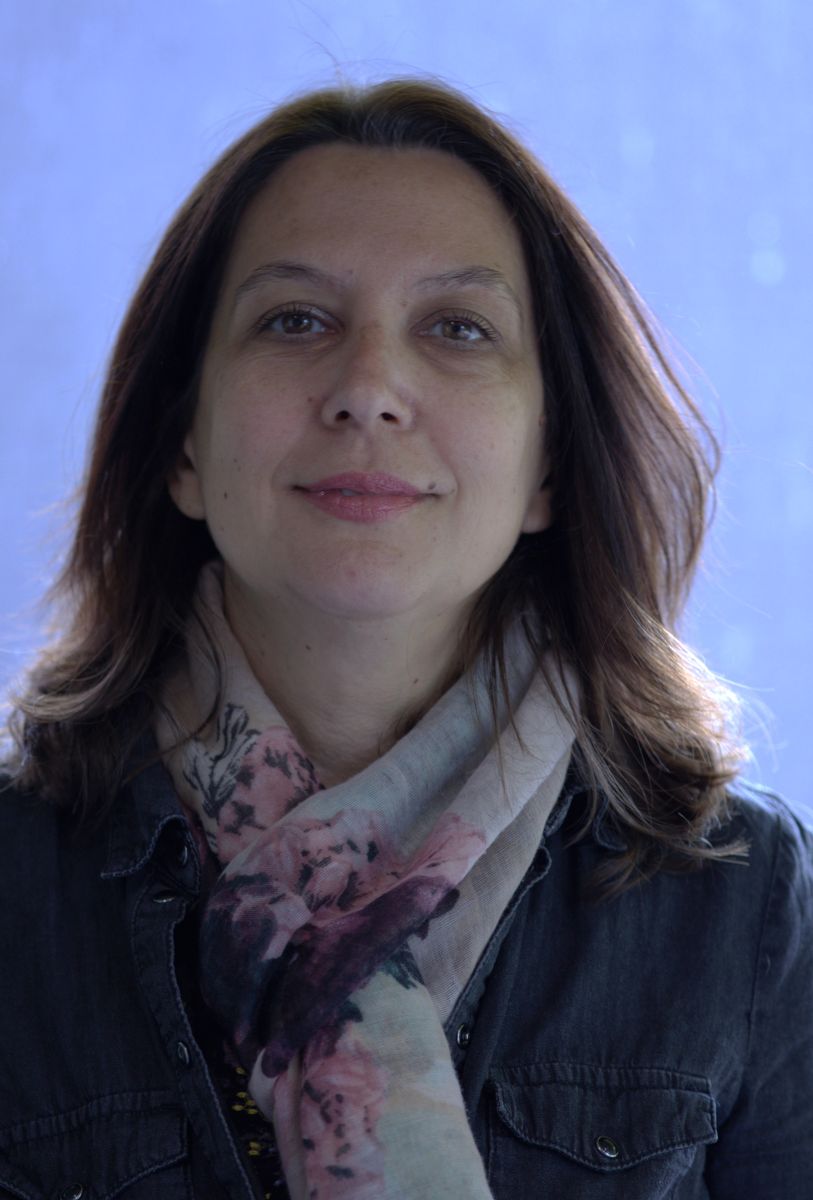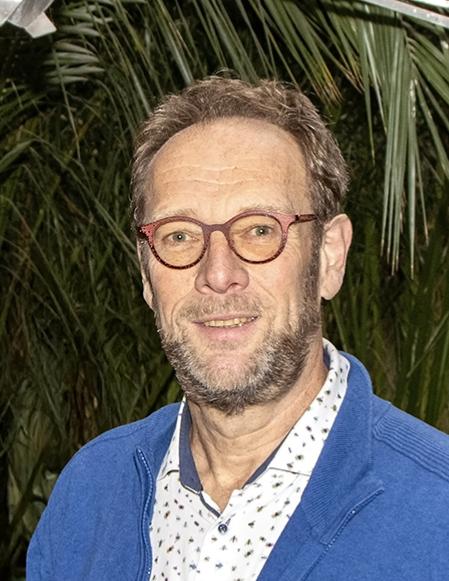Consortium Partners
University of Amsterdam, Faculty of Science (UvA)
UvA will particularly be responsible for the elucidation of the role of the host plant in the recruitment of the root microbiome: how plants under stress adapt their signalling to attract a differently composed microbiome. This will be studied in close interaction with Marcel Dicke and Christa Testerink at WU, and Corné Pieterse at UU using metabolomics, transcriptomics, big data analysis, molecular physiology and metabolic engineering. UvA will also determine how the changed micro-organisms can protect plants against stress, which will be investigated in close collaboration with microbial ecologists Jos Raaijmakers at NIOO, Toby Kiers at VU and Corné Pieterse at UU. The translation of the results into more stress-resilient crops that make better use of their microbiome will be carried out in close interaction with the International institutes and the industrial partners.

Prof. dr. ir. Harro Bouwmeester
Harro Bouwmeester’s group studies the chemical communication of plants with other organisms in the soil, including parasitic plants and micro-organisms and particularly the biosynthesis (by plants) and perception (by other organisms) of signalling molecules. The group is multi-disciplinary and cross-links with many other research groups on omics data generation and analysis, microbiology, plant physiology, causal relationship inference, soil ecology and chemistry, analytical and organic chemistry.
Wageningen University Plant Science Group (WU)
Research field: The Plant Science Group (PSG) at WU comprises a multi-disciplinary centre of plant science research and is pen holder of the National Graduate School Experimental Plant Sciences that connects all Dutch experimental plant scientists. PSG focuses on all aspects of plants and their environment, including plant stress physiology and the ecology of plants in the context of biotic and abiotic stresses. Two PSG groups are directly represented by the PIs Prof. Marcel Dicke (head of the Laboratory of Entomology) and Prof. Christa Testerink (head of the Laboratory of Plant Physiology).

Dr. Karen Kloth
Karen Kloth and her team will contribute expertise in the area of insect-plant-microbiome interactions, focussing on the role of the plant microbiome in defense responses against herbivorous insects and in modulating the interaction with beneficial insects. In MiCRop Karen goes into the footsteps of Marcel Dicke, who is one of the 6 PIs that together established MiCRop. The WUR-Entomology team has extensive experience with assessing insect-plant interactions at molecular, behaviour and ecological level, especially with brassicaceous plants and Capsicum species. Within the MiCRop programme Karen’s team investigates microbiome assembly during herbivory and functional characterization of beneficial effects on plant resilience in collaboration with the teams of Christa Testerink at WU, Corne Pieterse at UU, Harro Bouwmeester at UvA, Jos Raaijmakers at NIOO, and Toby Kiers at VU. The translation of MiCRop laboratory results into more stress-resilient crops that make better use of their microbiome will be carried out in close interaction with industrial partners.

Dr. Rumyana Karlova
Rumyana Karlova and her team will provide expertise on abiotic stress signalling, including plasticity of plant root architecture in salt, drought, and low nutrient availability, as well as interactions between environmental signalling pathways, using physiological, cellular, biochemical, and genetic approaches. For functional elucidation of the abiotic stress resilience mechanisms of plants that are tapped into by the microbiome, she will collaborate with Karen Klot at WU, Harro Bouwmeester at UvA and Corné Pieterse at UU. Recruitment of microbes under different conditions will be addressed in collaboration with Paolina Garbeva and Jos Raaijmakers at NIOO. The WUR-Plant Physiology team will identify plant traits associated with the recruitment of beneficial microbiomes and provide new strategies for plant-microbiome breeding programs, which is an important benefit to the application of results for generating more stress-resilient crops, within MiCRop, and in collaboration with industrial partners.
Former PIs

Prof. dr. Marcel Dicke
Marcel Dicke and his team contributed expertise in the area of evolutionary ecology of microbe-plant-insect interactions, focussing on evolutionary phylogenomics of microbiome recruitment in collaboration with Toby Kiers, on mechanisms underlying microbiome recruitment by plants in collaboration with Corné Pieterse, Harro Bouwmeester and Christa Testerink and the consequences for plant resilience to biotic stresses in collaboration with Jos Raaijmakers. The WUR-Entomology team has extensive experience with assessing plant resilience under field conditions in the presence of biotic and abiotic stresses, especially with brassicaceous plants and with the phylogenetic approach to plant immunity. The translation of MiCRop laboratory results into more stress-resilient crops that make better use of their microbiome will be carried out in close interaction with industrial partners.
VU University Amsterdam, Department of Ecological Science, Symbiosis Group (VU)
Toby Kiers’ group will address how host-microbe relationships have evolved over deep time using new quantitative phylogenetic techniques. She will work in close collaboration with Jos Raaijmakers at NIOO on all evolutionary aspects of the proposal, and with Christa Testerink at WUR on correlating microbiome assembly with environmental stressors. Her group has expertise in analysing complex evolutionary relationships between host and microbes, and the factors driving stability of particular relationships. She will work with Jos Raaijmakers to study different aspects of domestication on microbiome communities. Working with the Bouwmeester group at UvA, Kiers will also use her knowledge on the mycorrhizal symbiosis to develop experimental methods to test for strain-specific mycorrhizal recruitment strategies across diverse plants. Because of her group’s experience in developing sustainable agricultural systems, she will also work on outreach and breeding techniques with farmers associated with WU.

Prof. dr. Toby Kiers
Toby Kiers’ Symbiosis group investigates how cooperation between species evolves and persists in host-microbe systems. She develops novel ways to study symbiosis evolution. The field of symbiosis is driving a paradigm shift in biology as researchers begin to understand how fundamental microbes are to organismal innovation and evolution. Toby Kiers’ group has participated in two major ways: 1) development of novel theories and tools to predict, track and manipulate resource exchange in symbioses and 2) combining theory and empirical techniques to study historic shifts and predict future symbiotic responses to climate change. Kiers explores how hosts discriminate among competing microbes. She develops tools to predict when normally cooperative partners are favored to cheat, and defect from cooperative behavior. Her approach is unique in that she looks at partnerships in the past (phyolgenetic reconstructions), and partnerships in the future (experimental evolution) to understand the conditions that favour particular alliances.
Utrecht University, Institute of Environmental Biology (UU)
In MiCRop, UU will contribute expertise on plant-microbiome interactions, plant biotic and abiotic stress signalling, and microbiome bioinformatics. In particular, UU partners will be involved in uncovering plant traits/genes involved in stress-induced microbiome recruitment, identification of the associated microbiome functions, and mechanisms by which these microbiome functions aid the plant in biotic and abiotic stress adaptation. Moreover, UU partners will be involved in metagenome analysis to identify novel microbiome functions and optimisation of microbial traits involved in rhizosphere competence. At the microbiomics part Bas Dutilh at UU will closely collaborate with Jos Raaijmakers at NIOO, Marnix Medema at WUR, and Toby Kiers at VU. For the discovery of novel plant traits and genes involved in harnessing profitable functions from the root microbiome, UU will closely collaborate with Christa Testerink and Marcel Dicke at WUR. In all parts of the research discoveries will have valorization potential, which will be translated in work package (WP) 5 with our industrial partners.

Prof. dr. ir. Corné Pieterse
The Institute of Environmental Biology (IEB) is headed by Corné Pieterse. Its research programme is focused on obtaining a deep understanding of the biological mechanisms that determine how plants and microbes adapt to their often hostile environment to maximise growth, fitness and survival. IEBs’ fundamental knowledge on the underlying biological principles is often translated in collaboration with industrial partners to sustainably produce future crop systems that are more climate resilient. The central plant-microbiome theme connects research on plant-microbiome interactions with plant-abiotic stress signalling, microbial ecology and metagenome bioinformatics.
Netherlands Institute for Ecology, Microbial Ecology Department (NIOO-KNAW)
In MiCRop, the NIOO team will contribute their expertise in plant-microbiome and microbe-microbe interactions, molecular microbiology, chemistry, and community ecology & evolution. In particular, NIOO will be involved in uncovering the impact of plant domestication on the root microbiome and investigate if specific microbial traits were ‘lost in translation’; this will be studied in close collaboration with the CGIAR institutes in the centres of origin. Functional validation of microbes and microbial traits will be investigated together with the group of Corné Pieterse at UU, the Molecular Biotechnology group of Gilles van Wezel at Leiden University, and with the Bioinformatics group of Marnix Medema at WU. Re-instating microbiome-assisted stress protection of plants will be studied together with Marcel Dicke and Christa Testerink at WU, and Harro Bouwmeester at UvA. The evolution of root microbiomes will be studied in close collaboration with Toby Kiers at VU and Corné Pieterse at UU. Last but not least, translation of the results into practical strategies to engineer beneficial microbiomes will be conducted by NIOO in close collaboration with the industrial partners.

Prof. dr. Jos Raaijmakers
Jos Raaijmakers heads the Microbial Ecology Department of the NIOO-KNAW encompassing six research groups with a total of approximately 60 staff. He is also Professor Microbial Ecology at the Institute of Biology at Leiden University. His research programme “Learning from Nature” focuses on the largely unknown biodiversity and functions of the microbial world. They study the role of microbial communities and functions in key ecosystem processes in order to solve major problems associated with human impact on the environment: i) the dynamics and functioning of microbiomes in terrestrial and aquatic ecosystems; ii) chemical ecology of soil and plant microbiomes; iii) biogeochemical cycling, greenhouse gas emissions & climate change; and iv) evolution of microbial communities (bacteria, viruses). In close collaboration with national and international research institutes and industry, their fundamental science is translated into soil management strategies to mitigate climate change and into microbial products (microbes, metabolites) to combat anti-microbial resistance of human, animal and plant pathogens and to control emerging pests and diseases in aqua- and agriculture.





